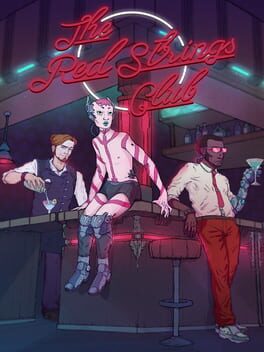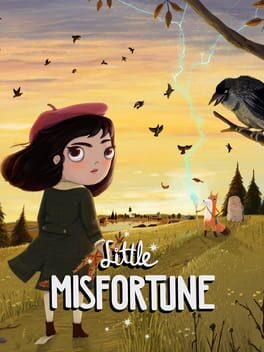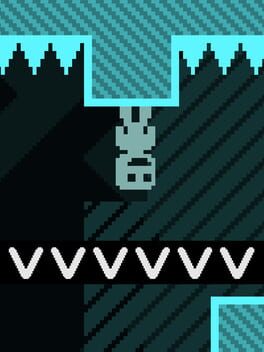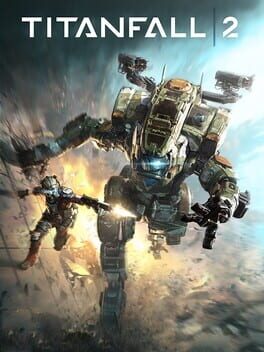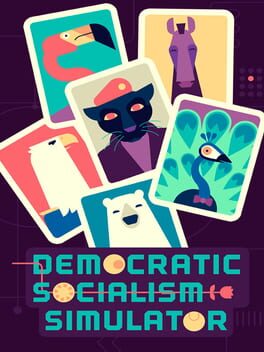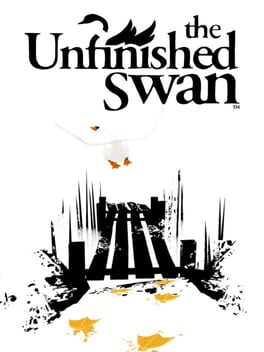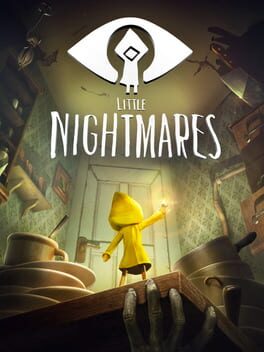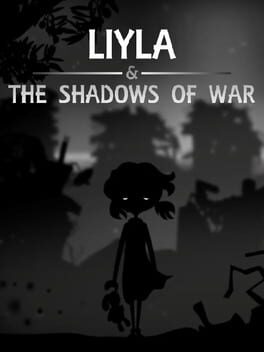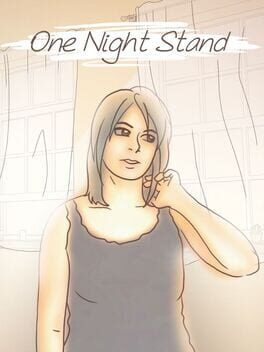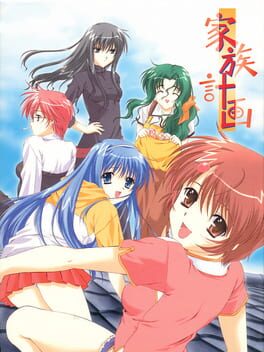mintcake
2018
This review contains spoilers
The fact that all choices have consequences is the most interesting part of the game, but also shackles the narrative. Too many contrived coincidences, from the way high executives made conveniently available to the protagonists to how a mega tech corp is taken down by telephone pranks, make it hard to engage with the story seriously. Not a knock against the game, but sometimes I do wonder if there's any tale left to tell about AI, self-consciousness and megacorps.
All Xenoblade Chronicles 2 needed to reach true greatness was to strip off some bad designs such as the gecha system and questionable character design. Building on 1 and 2's legacy, Monolith Soft was a few steps away from perfection, and they did take those steps. Character designs are some of the best in modern JRPGs, boosted by colorful personalities and excellent voice acting. Previous redundant systems are scaled back or expunged. Even the writing gets some brushing up, especially in side quests. Yet, Xenoblade Chronickes 3 feels like a regression overall. The real time combat system tries to accommodate six playable characters and one helping NPC at the same time, which trivializes player input: after all, five sixth of the combat activities are under AI control. Map design, the pride of the series, gives way to vast flat landscape. The writing, while more than serviceable for a typical JRPG story, cannot carry the weight of the lofty theme that the game is trying to convey, and crumbles into belabored preaching. XB3 is self-indulgent to the point that when it runs out of meaningful things to say, instead of ending, it repeats everything it has said again.
Compared to 428, this game does not have an overarching thread that ties all the characters together. They cross path with each other, which is the base for the game's jump system, but ultimately each one reaches their own ending. While some might find this narrative structure not engaging enough, it does allow the game to explore a wider range of topics and styles. One second it's The Comedy of Errors, the next it turns into Kafka. It intrigues and bewilders, amuses and depresses, surprises and scares. It's unabashedly random and loose, and remains unique and fun for the same reason. It's 90s era Tokyo in videogame form.
2019
First and foremost, don't let the tutorial toy drone deter you! Flying actual spaceship is much easier than that unruly piece of junk.
In Outer Wilds player explores not just space, but also time. It is what rogue-like games are supposed to be. You always go back from the start when you die, but you do not lose progress because the knowledge in your head is the only upgrade you need. The outer space is scary with deadly unknown substances and creatures lurking in the dark, but the mystery beckons and the natural spectacles leave those who dare set foot in awe. All explorers are romantic at heart, and this game would make Amundsen fluster.
In Outer Wilds player explores not just space, but also time. It is what rogue-like games are supposed to be. You always go back from the start when you die, but you do not lose progress because the knowledge in your head is the only upgrade you need. The outer space is scary with deadly unknown substances and creatures lurking in the dark, but the mystery beckons and the natural spectacles leave those who dare set foot in awe. All explorers are romantic at heart, and this game would make Amundsen fluster.
2019
This review contains spoilers
Little Misfortune looks like a kid game from its beautiful storybook-like hand drawn art, but it couldn't be further from it.The titular little lady Misfortune senses the depression permeated in the society, and misinterpretes it throughthe innocent positive thinking of a child. The juxtaposition of tregic scenes and poop jokes creates a kind of dark humor that is not uncommon in European cartoon. But there's another story in this game, a story that involves monster from other dimension and magic. I don't quite get it.
2010
A very creative platformer with a bit puzzle solving in it. Aside from one optional level, the difficulty curve is reasonable. Exploration is surprisingly fun as well since the map is connected on the edge like an old JRPG map. The upbeat music helps alleviate the frustration of dying constantly. The control is a bit slippery, which calls back to the genre's root of Mario, but I think I can do without it in 21th century.
2016
You start as a nobody, a foot soldier, can barely slide. You enter the battlefield, and you see them: pilots. They move at the speed of light without ever touching the ground. They shoot, throw grenade, or kick at you from angles you least expect (usually above your head). Before you realize what's going on, they are in their titans, killing everything in their path. You are humbled, but you are also inspired. You want to be a pilot.
Titanfall 2 single player mode tells a story about Cooper. Titanfall 2 multiplayer mode tells a story about you.
Titanfall 2 single player mode tells a story about Cooper. Titanfall 2 multiplayer mode tells a story about you.
2012
Overall the narrative is character-driven, with some art theories, may or may not taken from wikipedia, sprinkled around. The dramatic conflicts of the story are neither sufficiently set-up, nor convincingly resolved. Personal tragedies are mainly by accident. The clashes of artists are decided by mere trickery. There are moments of brilliance with breathtaking writing, but the mundane slice of life sections in between take way too long to get through. Thankfully, the protagonist is very likeable, with true kindness and compassion, and a willingness to help others with self-sacrifice. And he's just generally decent. In a genre full of anti-heroes and creeps, he is a breath of fresh air.
Yes, it's everything you've heard about it. The Good, the Bad, And the Ugly and A Fistful of Dynamite's storyline and characters mixed up together in a futurist wild west on an alien planet with some excellently written action scenes and not too out-of-place sex scenes. A wild ride from start to finish with absolutely zero down time. It did to Sergio Leone's classics what he did to Yojimbo: a re-imagine that keeps the essence and adds new flavor.
2017
Comparison with Playdead games is inevitable. This game aims to immerse player in a terrifying world, one similar to ours but distorted slightly. To that end the game mostly succeeds. The last section lets imagination runs wilder, almost becoming a videogame version of Spirited Away. Gameplay wise, 3d movement adds little to puzzle solving; instead, combined with wonky control and misleading camera angles, it creates frustrating moments such as "falling down from beam while going straight" and "bumping into jamb while running towards door".
2016
The good thing about videogame is that it offers experiences that you wouldn't get in real life. I, for example, could never experience what the protagonist does in this game, because I don't allow myself to get drunk. The game could almost be worthwhile if the routes to different endings don't overlap so much, making repeated walkthrough less of a chore.
2001
Kazoku Keikaku has the making of a great TV show: downtrodden of the society making a living by relying on each other. They call them a family knowing it won't last, but that doesn't stop them from forming trust and bondage. All characters have different background and personalities, and specifically, weaknesses that can only be covered by other members of the family, as well as traumas that can only be healed by the right man, you.
This game touches a part of Japanese society that very few games dare try. Persona 5 and Yakuza series like to present themselves as a gateway to Japan's dark side, but they can't deal with organized crime, drug, prostitution, human trafficking, fraud and the scariest of them all: economic crisis, in the same visceral way (partly due to age rating). Between the gags and lovey-dovey, they game lays bare the tragic pass of each character. It's so plausible, like things you'd heard from local news. It hits you like a truck when you realize there are people out there just like characters in this game, but they are not as lucky as they don't have a family, even a fake one, to fallback to.
The only problem I have with this game is perhaps the limitation of the genre: sexual relation has to be the end goal of each story path even when it feels out of place and far less suitable then a sibling or even parental relation.
This game touches a part of Japanese society that very few games dare try. Persona 5 and Yakuza series like to present themselves as a gateway to Japan's dark side, but they can't deal with organized crime, drug, prostitution, human trafficking, fraud and the scariest of them all: economic crisis, in the same visceral way (partly due to age rating). Between the gags and lovey-dovey, they game lays bare the tragic pass of each character. It's so plausible, like things you'd heard from local news. It hits you like a truck when you realize there are people out there just like characters in this game, but they are not as lucky as they don't have a family, even a fake one, to fallback to.
The only problem I have with this game is perhaps the limitation of the genre: sexual relation has to be the end goal of each story path even when it feels out of place and far less suitable then a sibling or even parental relation.
